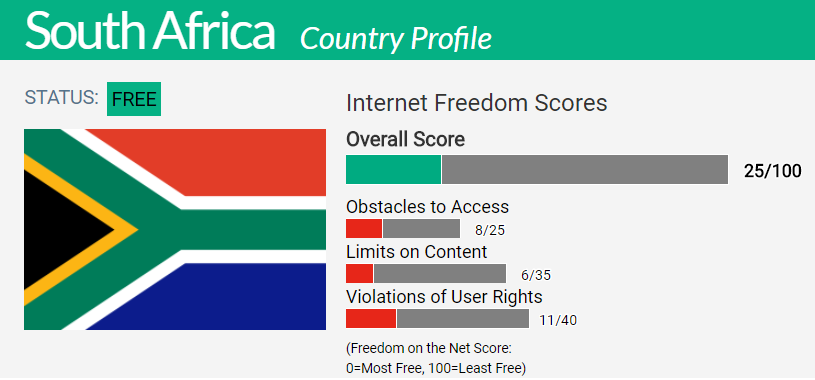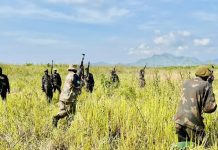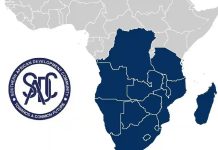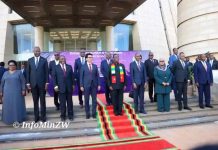Key media actors, among them editors’ groups, journalists unions, self-regulatory bodies, media professional and advocacy groups in Southern Africa have set strategic priorities towards the realisation of citizens’ rights to freedom of expression, access to information and media freedom in the region.
In what will culminate in the establishment of a vibrant network that will coordinate regional advocacy interventions, the framework for coming together to respond to a myriad of challenges facing Southern Africa was agreed to by these media stakeholders at meetings held in South Africa and Lesotho, which were coordinated by the Media Alliance of Zimbabwe (MAZ) and the African Editors Forum (Taef), through its regional affiliate the Southern Africa Editors Forum (Saef).
Southern Arica is generally facing a harsh socio-economic environment characterised by increasing levels of poverty; growing unemployment; prevalence of migration to economically better countries such as South Africa, Namibia and Botswana, deindustrialisation; dwindling media revenues and downsising of media operations.
There is a notable growing socio-economic inequality; increasing crime rates; and deepening corruption. In addition, there is a growing case of capture of public sphere institutions including the state, the media and civil society as well as competitive electoral authoritarian regimes that thrive on impartial political and socio-economic reforms.
Responses by civil society are affected by donor dependence and donor driven civil society finding it increasingly difficult to navigate through sustainability challenges presented by a situation in which traditional donor countries place more focus on survival issues affecting their citizens.
Overall Southern Africa’s is facing stunted regional integration initiatives characterised by negative developments such as xenophobia, counter-progressive protectionism in relation to regional trade.
The obtaining socio-political and economic environment within Southern Africa is mirrored in the media environment, which is still to democratise despite progressive legal frameworks.
While as many countries within the region have relatively democratic constitutions that provide for either of freedom of expression, freedom of the media and or right of access to information in their constitutions, there are still exemptions and other laws that inhibit these rights and freedoms.
Beyond the national constitutions, there are other regional instruments among them, the Sadc protocol on media, information and culture, that provide the basis for democratising the media sector in the region.
There are also policy guidelines of the Cyber Security draft policy that Sadc developed, public broadcasting content sharing through the Southern Africa Broadcasters Association (Saba) and the Sadc Guidelines for Democratic Elections that form a key regional legal framework impacting the state of media vis-à-vis fostering a democratic media in Southern Africa.
Many media issues that need regional coordination are also being addressed at a continental and international level.
This includes issues around internet governance, access to information and the role of the media in supporting the development agenda within the framework of the UN Sustainable Development Goals (SDGs).
However, the region has experienced an increase in common media policies among member states that are placing controls on journalism practice, restrictions on media freedoms and common state practice condoning threats and violence against media.






